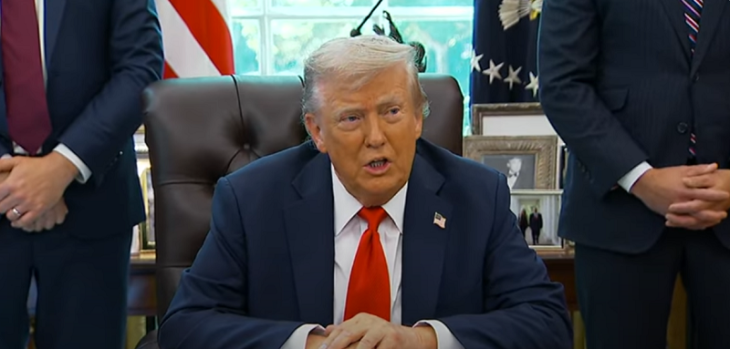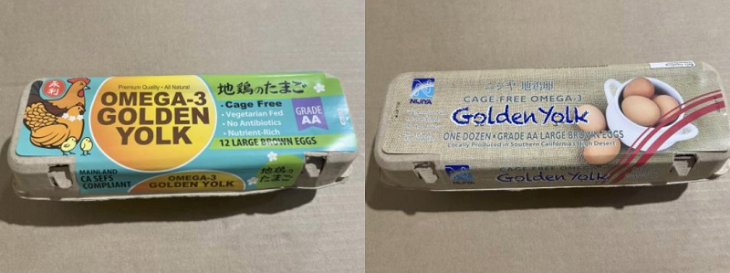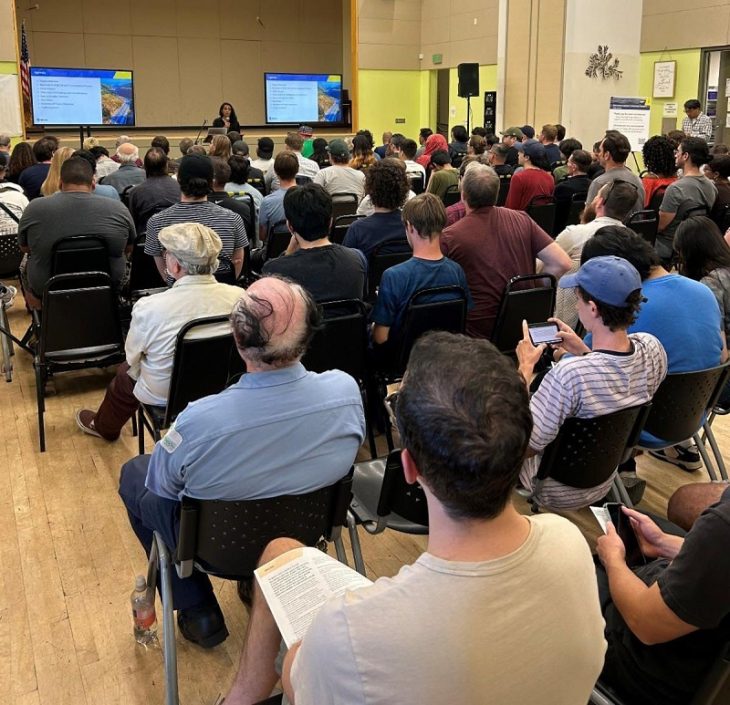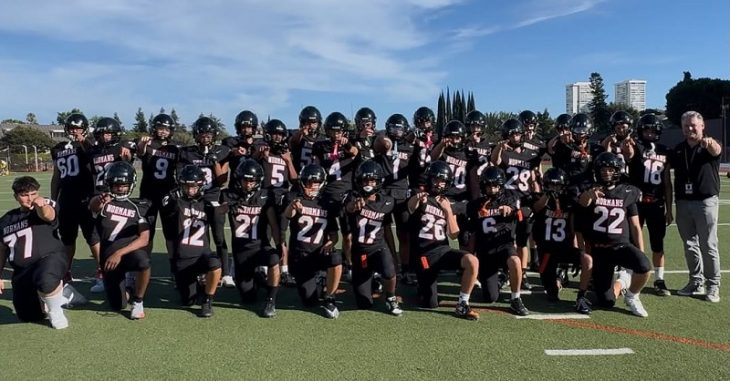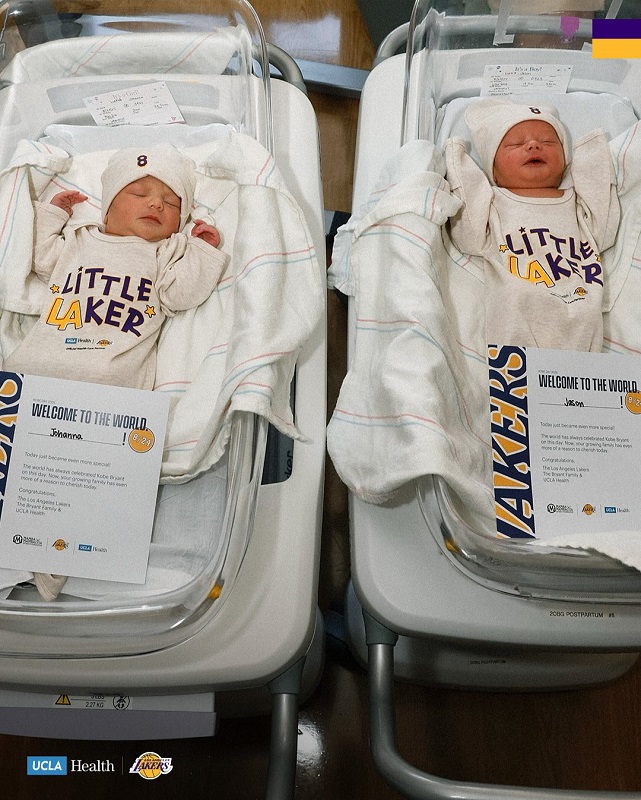Consumer Advocate Questions Compliance with State and Federal Laws
Reese’s, the popular peanut butter cup brand, has come under scrutiny for its latest sweepstakes offer, which may potentially run afoul of state and federal regulations. The promotion, prominently displayed on two-cup packages, tantalizes consumers with the phrase “You could win $25,000,” followed by a smaller-print disclaimer, “See details inside.” However, the catch becomes apparent only after purchasers have bought and opened the package: no purchase is necessary to participate in the sweepstakes.
Consumer advocate Edgar Dworsky, a former assistant attorney general in Massachusetts who operates the Consumer World website, initially reported Reese’s contest. Sweepstakes typically fall under the purview of state laws, which universally mandate that no purchase is required for participation. A promotion that necessitates a purchase transforms into a lottery, subject to distinct regulatory protocols.
Further complexity arises as three federal agencies—the Federal Trade Commission, the Federal Communications Commission, and the U.S. Postal Service—oversee sweepstakes rules contingent on the specific promotion type. For instance, the Postal Service mandates that mailed sweepstakes offers explicitly clarify the absence of purchase requirements. The FTC, though not explicitly governing sweepstakes, enforces comprehensive laws prohibiting “unfair and deceptive acts.”
Hershey Co., the Pennsylvania-based confectionery giant behind Reese’s brand, responded to these concerns by asserting that its website hosts comprehensive details about the promotion. Moreover, some packages feature QR codes that guide consumers to additional information. In an official statement, Hershey underlined its unwavering commitment to ensure compliance with all relevant regulations in crafting promotions.


